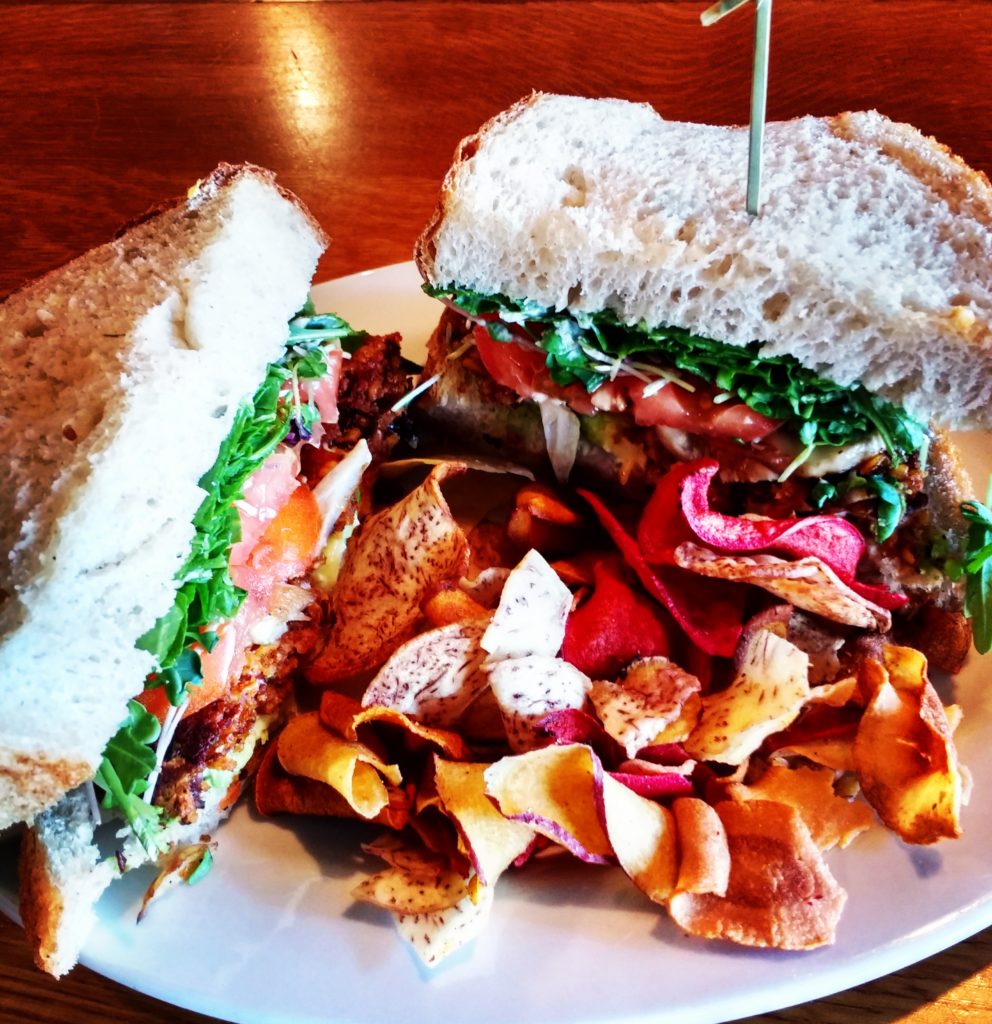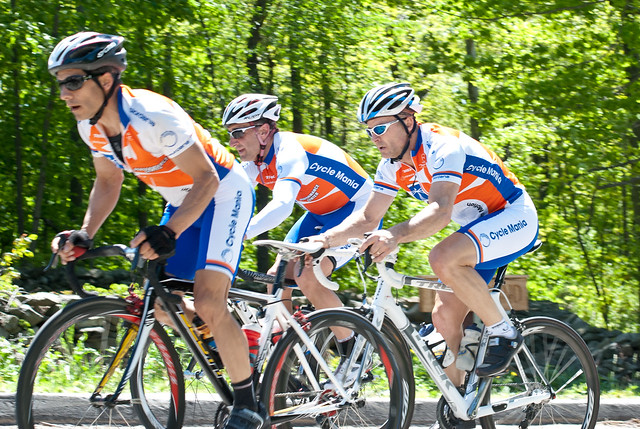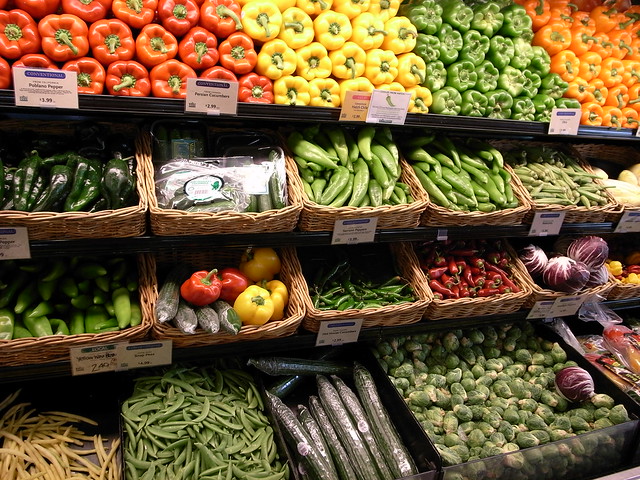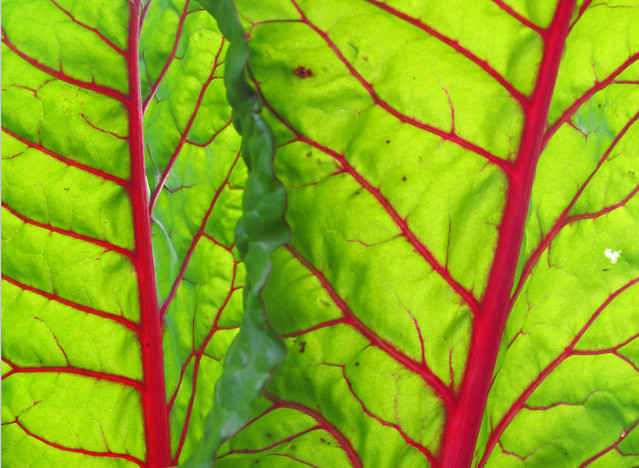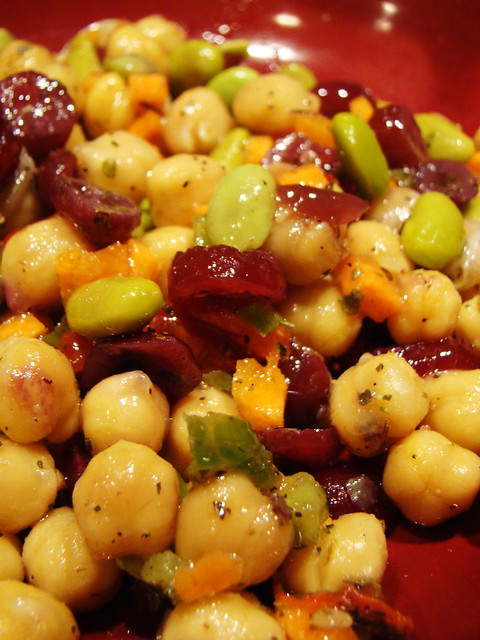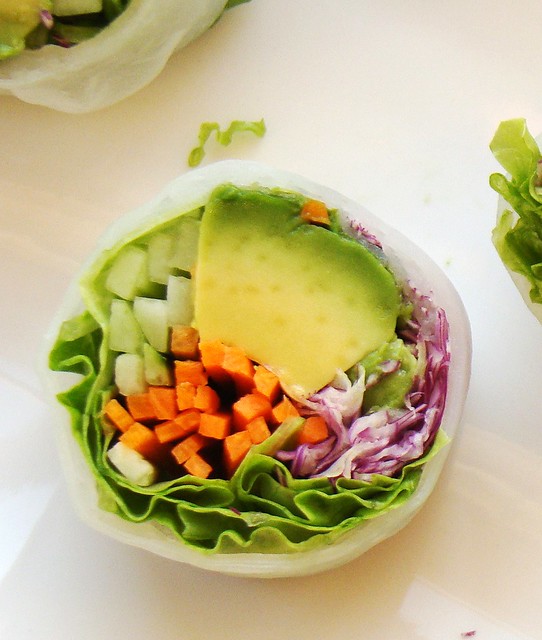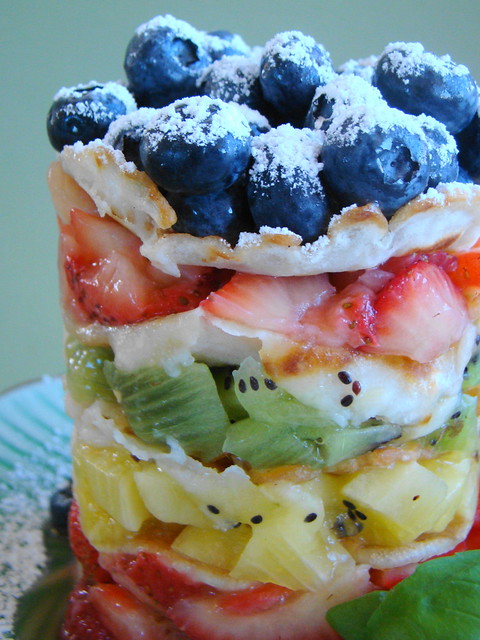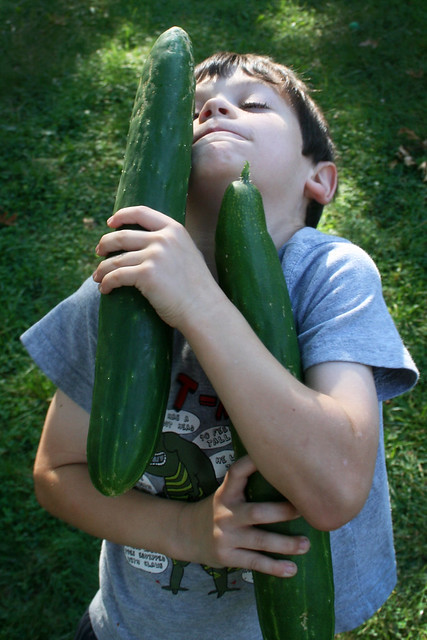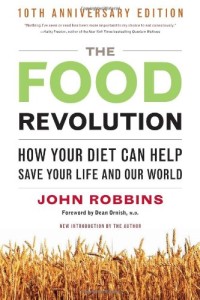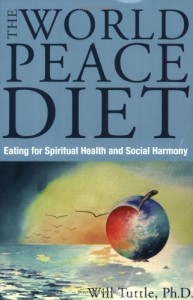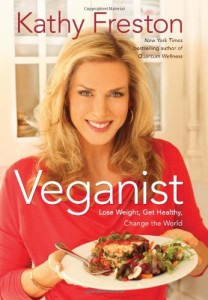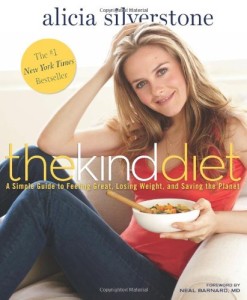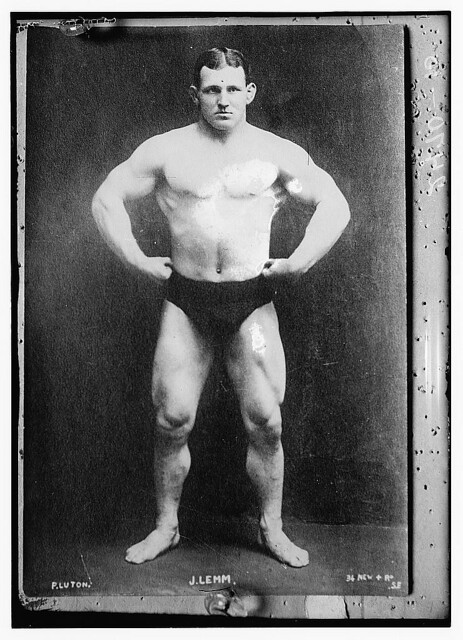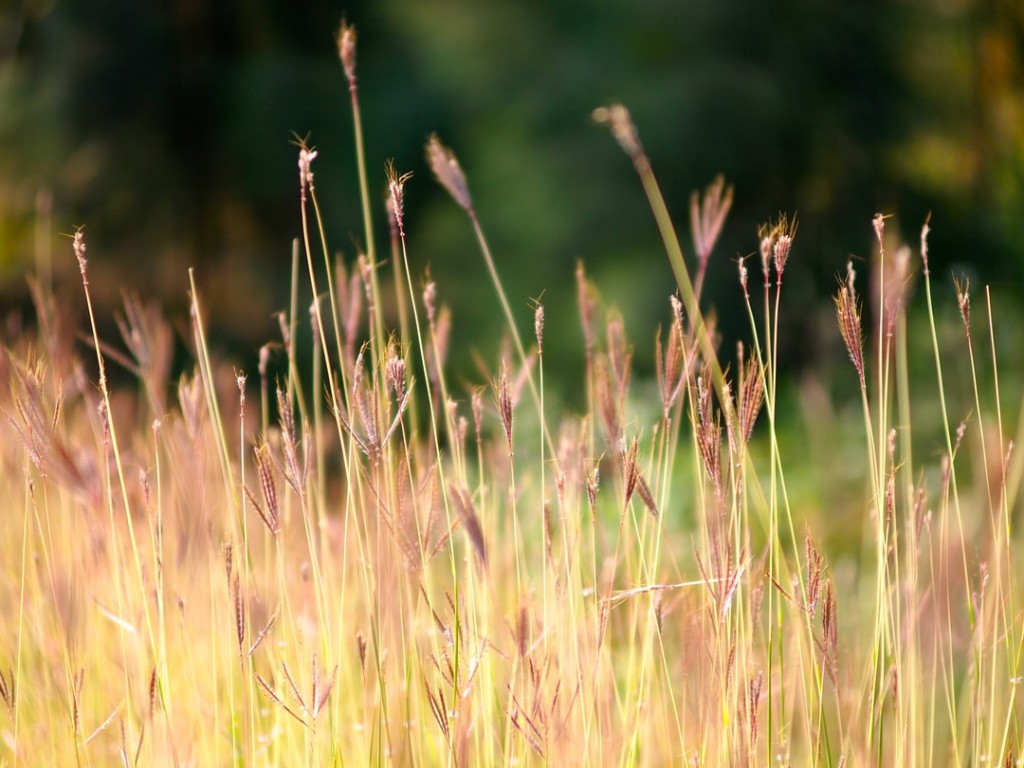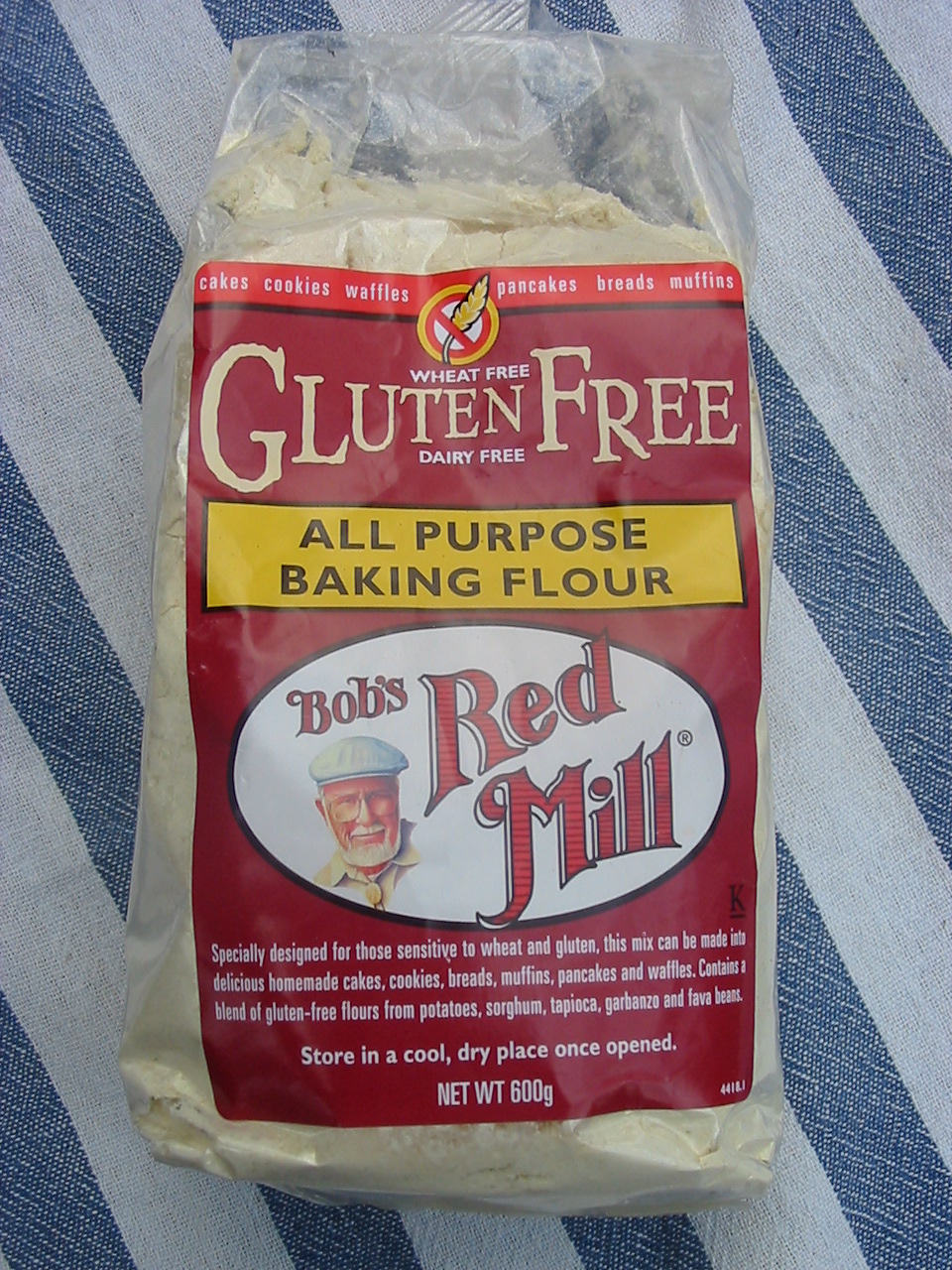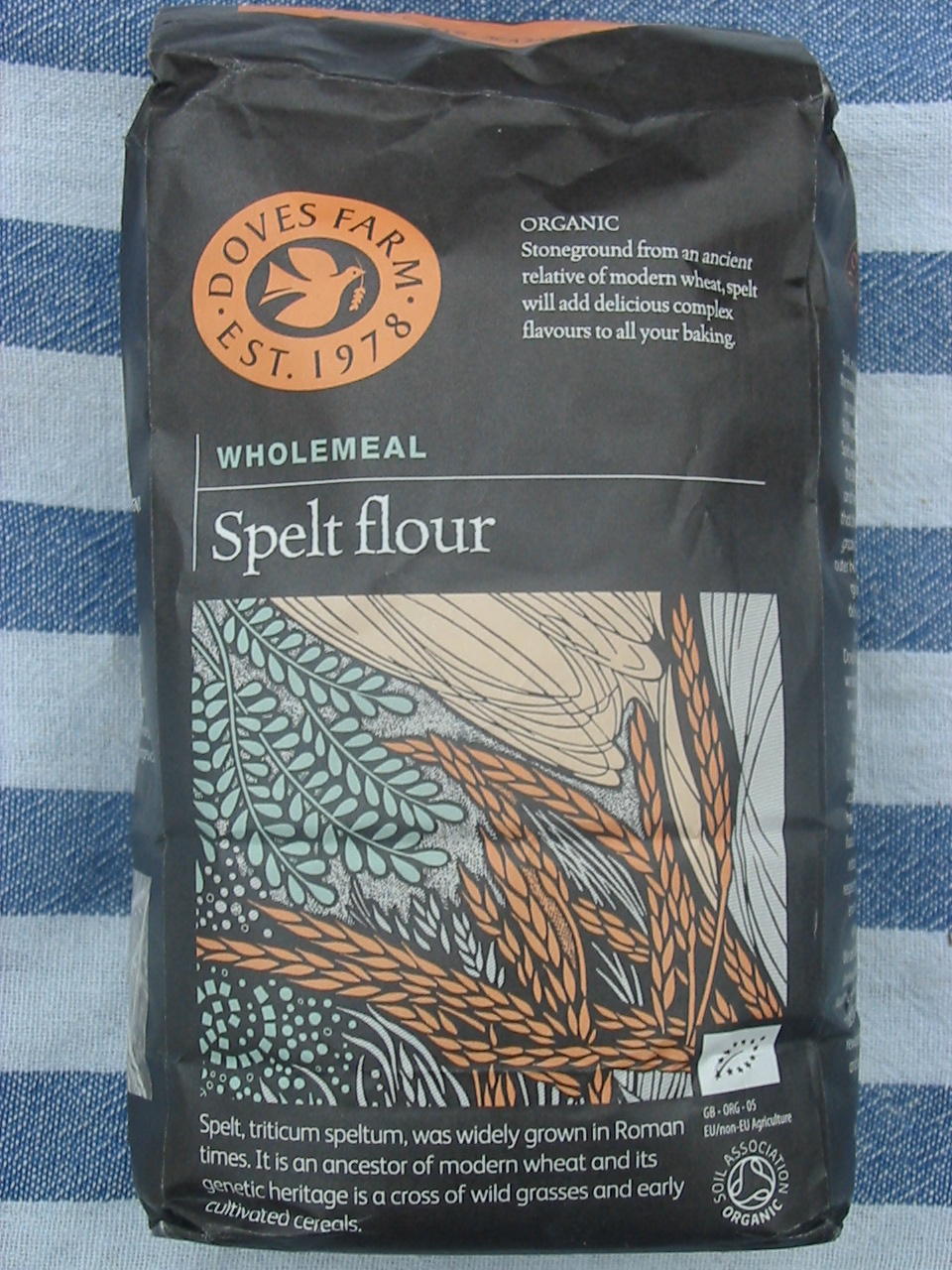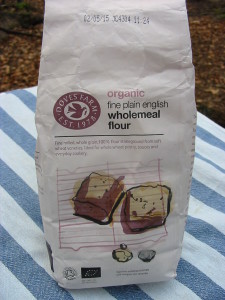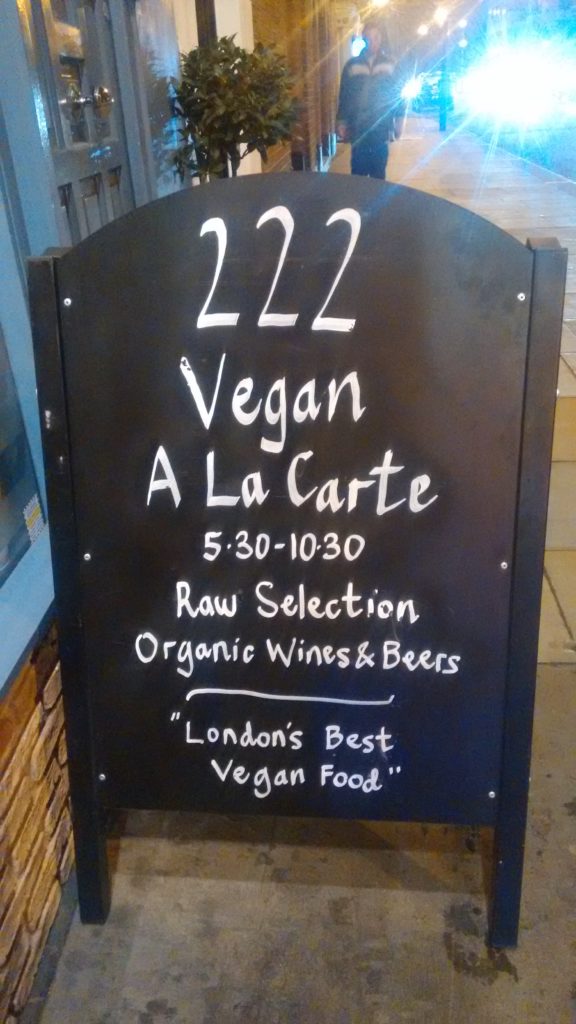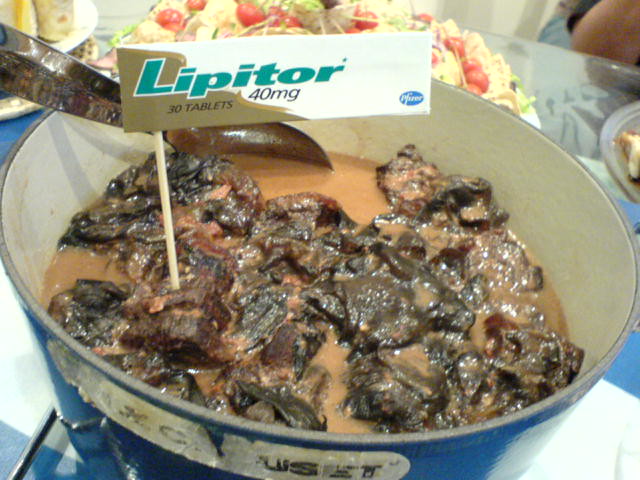
In case you haven’t heard of statins, they are a drug used to bring down LDL (bad) cholesterol in people whose levels are too high.
Statins are the most prescribed drug in the UK, and the second most prescribed drug (after anti-depressants) in the US.
Pharmaceutical companies make billions a year from sales of statin drugs.
Over the years I’ve witnessed many people who reach a certain age and BAYUM! They are all of a sudden put on statins at their next doctors visit.
If you didn’t know better it would be easy to think it was a rite of passage, or just ‘something that happens as you get older.’
It seems that many otherwise healthy patients are being given statins as a preventative approach when they get to a certain age, and if it’s also assumed from their current (meat and dairy heavy) lifestyle that they may end up with high cholesterol.
When you really get informed about the causes of high cholesterol you realise this is crazy. And who wants to take drugs if they don’t have to?
Statins are not without side effects either. According to the Mayo Heath Clinic (the first and largest integrated nonprofit medical group practice in the world) these include muscle pain and damage, liver damage, digestive problems, rashes and increased blood sugar (not cool if you are diabetic!). The long term use of statins is also associated with more than double the risk of both types of breast cancer: invasive ductal carcinoma and invasive lobular carcinoma.
It seems that statins are massively over-prescribed.
Fun fact: There is NO cholesterol in plant foods. It is ONLY IN ANIMAL FOODS.
Every mammal generates cholesterol in their own body. It is manufactured in the liver, and is necessary for the production of hormones and cell membranes. An ideal range for a healthy human is below 150mg/dl.
That’s all we need – our own cholesterol.
Of course, when we eat animal products, we take in the cholesterol from the animal too, and our levels rise. Nothing complicated to understand here. The more animal products we eat, the more our cholesterol levels rise.
Of course, we also have good (HDL) cholesterol, which helps keep bad cholesterol levels down.
Dr Neal Barnard, in his book ‘The Power of Your Plate: A Plan for Better Living Eating Well for Better Health’ says we can think of good cholesterol as a dumper truck. It exists to carry bad cholesterol out of the body. Therefore, if you eat lots of animal products, it’s best for you if you have decent levels of good cholesterol to take the crap out!
Vegans and plant-based eaters may have lower levels of good cholesterol – because they don’t need it. They are not ingesting any excess (bad) cholesterol so nothing needs to be gotten rid of.
I must also state here that it’s actually a little more complicated than the party line we’ve been led to believe, that is : High cholesterol = high risk of heart disease.
Dr T Colin Campbell reports that it’s actually the protein in animal products which is far more significant and has more of a degenerative effect on humans when ingested,
Dietary cholesterol may help to clog arteries but this condition accounts for only a small fraction (~10%) of coronary heart disease events.[1] Far too much attention has been given to cholesterol as if it is a major cause of disease. Such focus diverts attention away from the much more reliable evidence showing that a diet rich in animal protein, which represents multiple risk factors, is the main dietary cause of heart disease….
This suggests strongly that with regard to heart disease the focus has purposely been put on cholesterol being the baddie, in order to sell cholesterol-lowering drugs.
Based on the latest research, Dr John Mcdougall (who, alongside practicing conventional medicine, has, for 22 years, successfully treated a huge amount of patients with a plant-based diet) now prescribes statins to those who have high cholesterol and have previously been through heart surgery, or have a family history of heart disease and strokes. He will ALSO prescribe a whole food, plant-based diet, as the optimal way of combating high cholesterol.
In those with high cholesterol but NO previous heart disease or history of heart disease in their family; a whole food, plant-based diet is all that is prescribed, it being the most natural and effective way to bring cholesterol down to normal levels.
There seems to be no reason at all to prescribe statins as a prevention measure to a healthy person without high cholesterol. The BEST preventative measure in this scenario is absolutely a whole food, plant-based diet.
I’ll leave the last words to Dr John Mcdougall. He says:
To answer the question, “Who Should Take Cholesterol-lowering Statins? Everyone or No One?” My response is slightly more complex than all or none. The decisions made primarily depend upon what a person chooses to eat. Eat meat, dairy products, eggs, and other unhealthy foods and you may benefit from taking statins (a little). Eat a starch-based McDougall Diet [this is a whole food, plant-based diet] and any benefits from statins for an otherwise healthy person vanish, and all that is left are side effects and costs.
Lack of profit is the primary reason for lack of acceptance of this simple, safe approach. Consider that the most popular brand name statin, Crestor, purchased at a discount pharmacy like Costco or CVS, costs about $6 a day. Comparatively, a starch-based diet costs $3 a day for all of the food (2500 calories).

